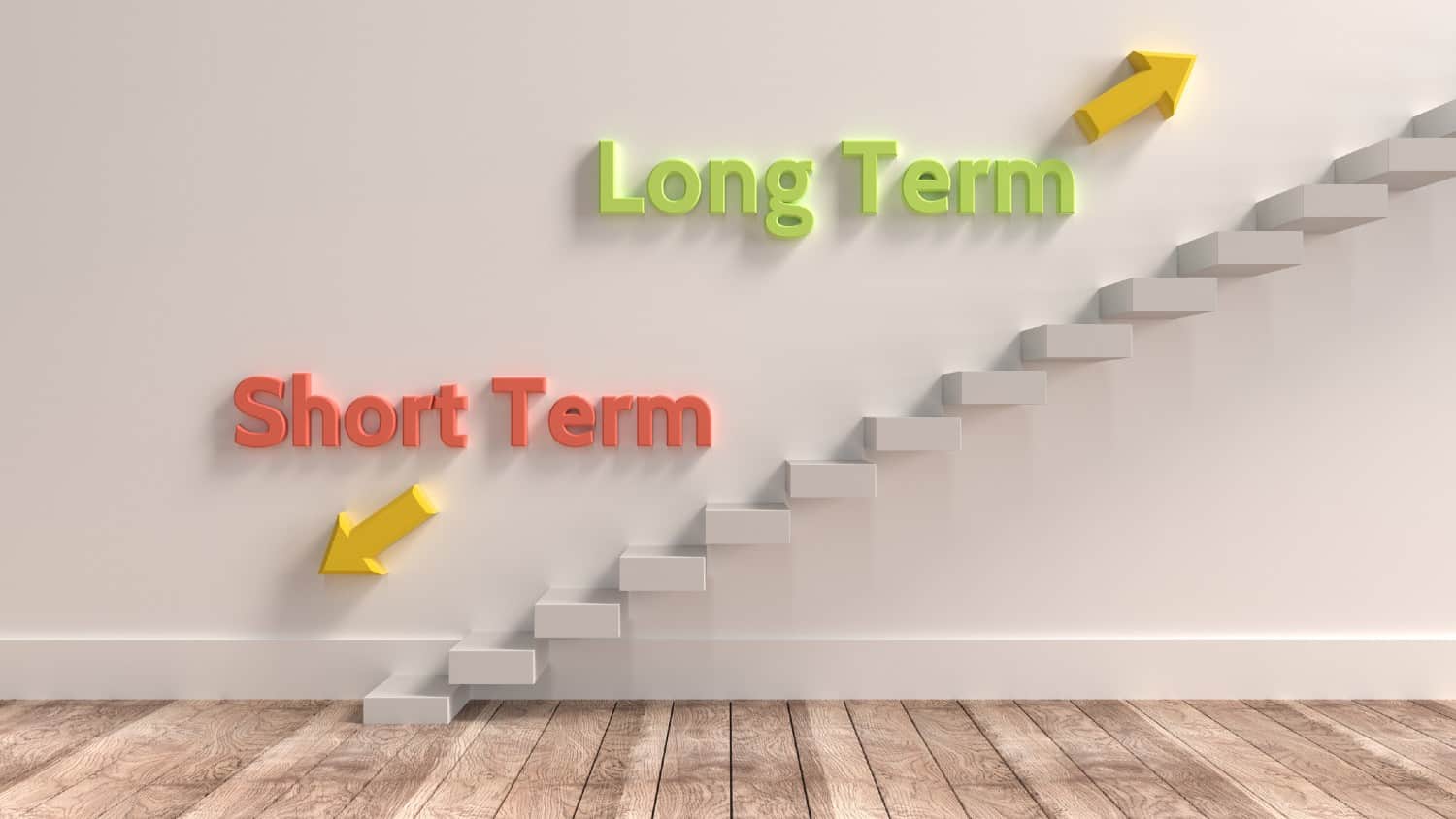Image source: Getty Images
We’re obsessed with houses in this country. It’s all about how to get a first mortgage or when to get on the property ladder. Property can be lucrative, and buy-to-let is a popular investment option. But UK stocks offer another route to long-term wealth that doesn’t involve surveyor fees or boiler breakdowns.
If I wanted real wealth – let’s say to be a millionaire – I think the easiest way is to invest in stocks. And the maths behind hitting £1,000,000 is surprisingly simple.
Why saving to buy a house isn’t enough
Even with a mortgage, before I can buy property, I need some cash to put down. Let’s take the average deposit on a house in the UK which was £53,935 in 2021.
I would need to factor in additional costs that come with owning a house. Perhaps I need double glazing installed, or maybe the boiler needs to be replaced. And if I was purchasing it for buy-to-let, I might be looking at management fees too. Let’s add £200 a month to account for these expenses..
So a £53,935 deposit along with £200 a month in a typical 30-year mortgage should have the house paid off. And in 2021, an average first-time house was worth £264,000. That’s some way off a million, although house prices would probably rise over the years. But how does that compare to investing?
The magic of compound interest
The returns on investing in stocks and shares are tricky to calculate in the short term. However, I can see clear trends over longer periods of time.
The FTSE 100 – the largest 100 companies on the London Stock Exchange – have returned about 8% per year since the index started in 1984. The FTSE 250 has returned roughly 10% per year.
Here’s what happens with my £53,935 starting amount and £200 per month assuming an average 9% per year average return, and also a 5% per year return in case of lower than historical performance.
| Time | Total | With 5% | With 9% |
| 0 years | £53,935 | £53,935 | £53,935 |
| 1 year | £56,335 | £59,086 | £61,287 |
| 5 years | £65,935 | £82,399 | £97,932 |
| 10 years | £77,935 | £118,727 | £165,627 |
| 20 years | £101,935 | £224,267 | £430,044 |
| 30 years | £125,935 | £396,179 | £1,056,015 |
Of course, a mortgage for a home is a must for many of us. But these calculations show why I feel stocks are a better option than a buy-to-let mortgage. Not to mention that owning stocks is often as simple as checking some numbers on a screen.
Also, just like paying off a mortgage earlier if I earned more, it’s possible for me to invest more to reduce the timeframe to hit a million or to build a larger amount.
It should be pointed out that inflation will mean a million is worth much less in the future in real terms. And there are other risks too.
Stocks aren’t risk-free
A lot of people see investing in companies like gambling. Whereas a house is something real that they can stand in, walk around and live in.
It’s true that companies can go bankrupt or simply offer horrendous returns. Lloyds Bank is down around 90% over the last 25 years, for example. Many stock prices can fall or simply tread water. And companies can cut their dividends too.
The key to managing that risk is to diversify. A varied number of different types of companies in different sectors offers the least risk. And long-term, the steady returns of 8-10% of a diversified portfolio might make that £1,000,000 figure a reality.
Credit: Source link














